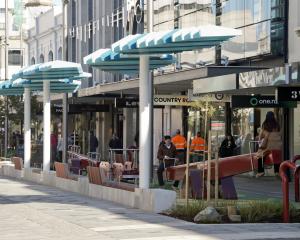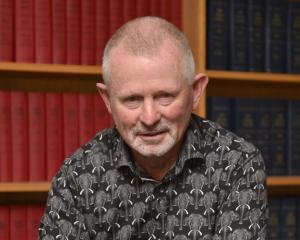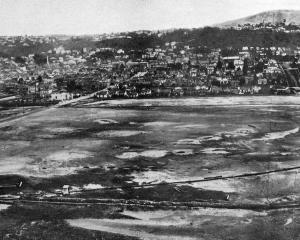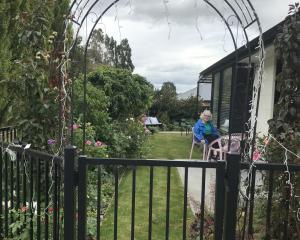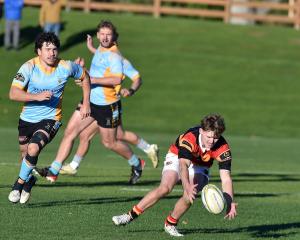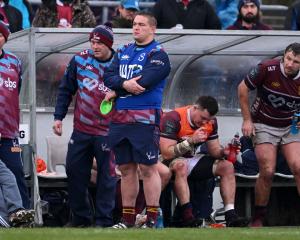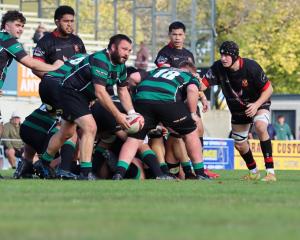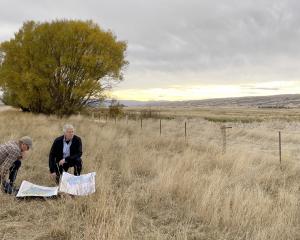
Saturday brought the long overdue news that the second stage of the upgrade of Dunedin Hospital’s intensive care unit is finally ready to receive patients.
This much-needed redevelopment of the care facilities for Otago’s sickest patients has been an extraordinary saga. Planned as a two-stage project, difficulties with making the ventilation system work properly caused delays in opening stage one.
But that was nothing compared to the more than three years it has taken to get stage two and its extra 14 beds open. This saga has been as labyrinthine as the duct work which has frustrated engineers and clinicians alike as they tried to make an air conditioning system not fit for purpose capable of exchanging the air in the ward as often as necessary.
Dunedin Hospital was very lucky that Covid-19 outbreaks were able to be managed such that the facility was not so badly swamped with patients that the extra beds in the unfinished part of ICU were not in high demand, let alone other spaces reserved as part of pandemic preparation.
Even though a new hospital is imminent, a new ICU in the old building was considered essential as the old ward simply could not cope until its replacement was commissioned. Lessons learned during the design and execution of this project are being applied to the plans for the new Dunedin hospital . . . and the difficulty in getting to this stage also clearly demonstrates just how critical getting the new building right will be.
Rigid, inflexible walls were an impediment to creating a modern ICU, and getting the necessary gas, electricity and other services into the ward was also challenging — let alone that pesky ventilation system.
But it is open, it looks magnificent, and staff and patients alike will benefit greatly from it finally being up and running. Well, as much as can be got up and running.

To recruit enough doctors, nurses and healthcare assistants to have all 22 beds open is likely to take another 18 months — a guesstimate which seems somewhat heroic in the current environment.
Find them Te Whatu Ora will have to do: as well as needing them to staff the new ICU, they and others will be needed for the ICU planned to open in 2029.
But this was not the only southern health recruiting woe in Saturday’s Otago Daily Times.
While Oamaru Hospital tries to find enough doctors to keep its emergency department open all hours, Dunedin Hospital is about to lose its accreditation to train junior cancer doctors.
The hospital is meant to have eight permanent radiation oncologists: it has three, one of whom is leaving in November. The remaining two cannot carry the burden of both training and treating and the four much-needed juniors currently being trained will be lost to other hospitals — and almost certainly to Dunedin forever.
Health Minister Ayesha Verrall said she was very frustrated that things have come to this pass, and we can only agree.
Te Whatu Ora, and the Southern District Health Board before it, has known for years this staff shortage was looming: staff leaving or planning retirement has clearly signalled their long-term intent so that replacements could be found.
Except, for whatever reason, they could not. Their absence not only places the future of cancer treatment in the South into doubt, it also raises questions about current provisions.
While Dr Verrall pledged all who needed treatment would get it, it seems inevitable that the steady trickle of Otago and Southland cancer patients being treated elsewhere in New Zealand will become a stream, and maybe even a more substantial water flow.
This comes just a few months after a damning report by the Health and Disability Commissioner on the provision of cancer treatment services in the South, which found hundreds of people had suffered harm waiting for treatment.
We accept recruiting specialist clinicians, who are in worldwide demand, is not easy. But neither is waiting for a cancer diagnosis, or waiting for treatment of the potentially fatal condition.
But Otago and Southland residents are entitled to wonder, after this latest development, if anyone in authority has taken the recommendations of the commissioner to heart and devoted their utmost to implementing them.



